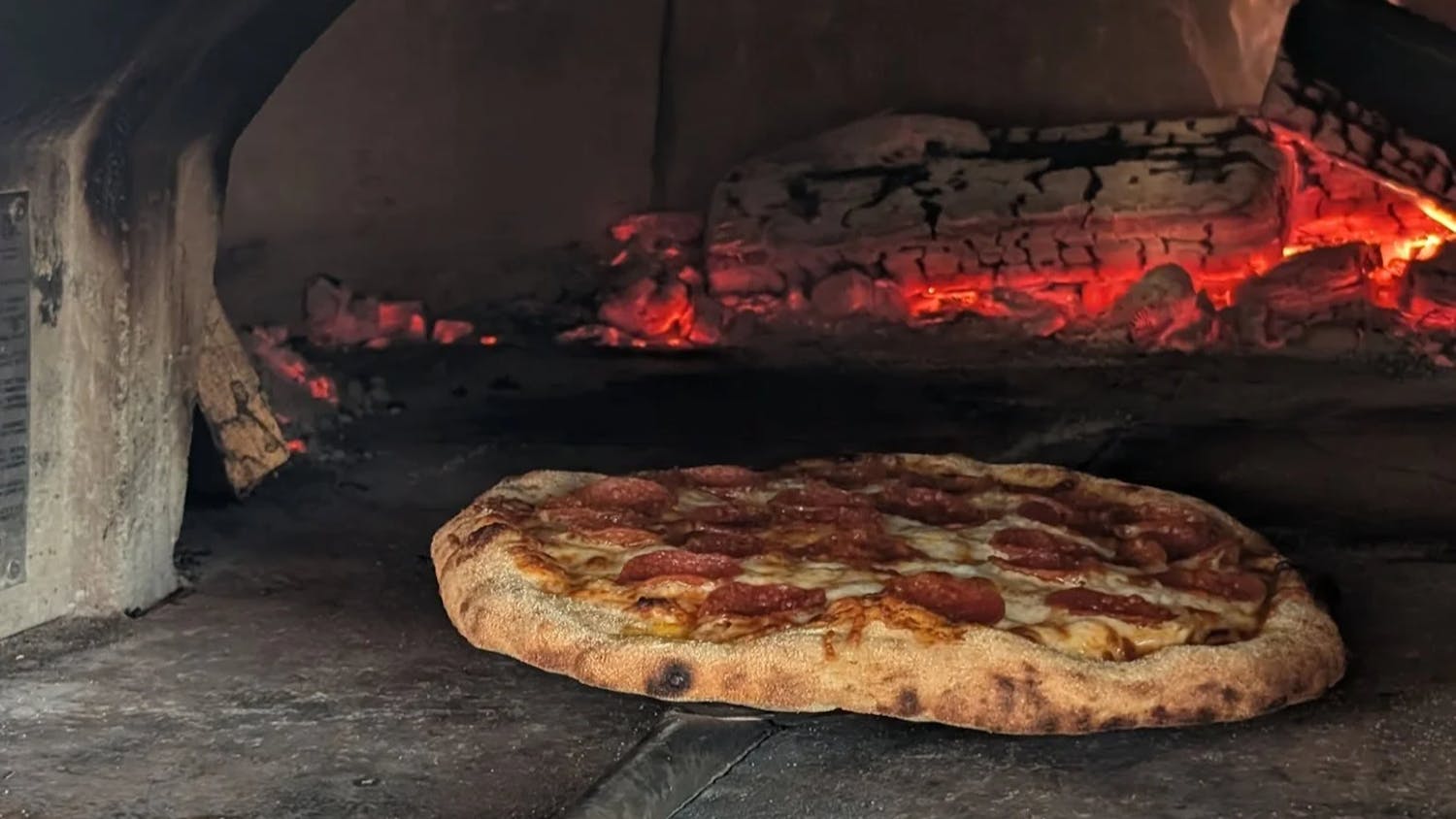Jamie Clift, The Rotunda's longtime features editor, is studying abroad in Valencia, Spain at the Institute of Spanish Studies during the spring 2012 semester. Having stepped down from her position as features editor for the time being, Jamie Clift has charitably taken it upon herself to assume the role as The Rotunda's official Foreign Correspondent. In doing so, she will document her traveling experiences as an exchange student in each issue of The Rotunda.
I took my trip to Spain, in part, to get a better understanding of global politics (I'm a political science major and a history major, in case I haven't fully explained this) Ever since I joined my high school debate team at the age of 14, I've loved to talk about the subject that etiquette teachers tell you never to talk about. I was delighted to discover how much most people I've met in Spain love to talk about American politics and the differences between our countries.
Sometimes these discussions are incredibly enlightening. Other times they are awkward or humorous. By keeping an open mind, I've learned more about Spanish politics than I could have by reading any book on the subject. Sadly, though, I've also seen the down- side to these sorts of discussions — as I discovered last Thursday, other Americans don't always share my love for healthy debate.
On Wednesdays and Thursdays, I frequently go to Portland Ale House, the American bar I mentioned a few weeks ago. Wednesdays are English nights. English speakers get free drinks and dinner to teach English to Spaniards or to anyone else who happens to be
in Valencia (I've talked to a Russian and a German too), and Thurs- days are Spanish nights, which are the exact opposite. On Wednesdays, I go for free food. On Thursdays, I go to practice Spanish.
Last Wednesday, I helped a table of about seven people practice their English. It always seems that they have questions about some matter in American policy, foreign or domestic. When I told them where I was from, a man named Miguel asked me repeatedly about my thoughts on the death penalty. I avoided taking a firm position, but I told him that people in the South tend to believe in the idea of "an eye for an eye, a tooth for a tooth." Then, I had to explain that metaphor — I have a bad habit of using terms and phrases that people who aren't fluent in English wouldn't understand.
He went on to explain how he felt. No matter what, he explained, killing another "ser humano," Spanish for "human being," was wrong. The rest of my table nodded in agreement, and while I wasn't sure if I totally agreed, I was happy that he was willing to share that with me, and that they were all willing to listen to the other side of the argument.
This transitioned into an even more interesting discussion when one of the girls at the table asked me about my family. I told everyone about how much I like to go to the river with my younger brother, Troy. I explained that he loves hunting and fishing. The hunting part interested them because, while it is popular in Spain, hunting is not very common because there aren't enough wild animals for it to be sustainable.
When I explained that Troy is 15, they were a little shocked that he was allowed to shoot a gun. When I explained that there was a full gun cabinet in my basement and a shooting range in my back yard, and that this was normal in my hometown, they were a little lost for words. Spanish attitudes about gun rights are — to make a huge
understatement — a little different than those in Virginia. One of the students I was talking to misunderstood what I had said and thought I had brought a gun with me to Spain. She invited me to go dancing with them on Friday night, but she asked me
kindly to leave my guns at home. Thursday got a little more dramatic. Our crowded table was a


veritable sea of diversity. There was Maria, a Spanish teacher whom I had met once before, a quiet British man who spoke perfect Spanish, a recently married gay couple — one Spanish, one American — and Jack, a VMI student in another study abroad program, who I met during my first weekend in Valencia. Conversation was interesting to say the least.
Somehow, Maria decided to bring up the Iraq War. Ashton rolled her eyes. She hates politics. I listened intently to her talk about how wrong the United States was in everything it did — this is the common Spanish position, and I was glad to hear her out, though it was nothing I hadn't heard at home.
Jack got visibly upset, and the other American at the table had to explain to Maria that some people in the U.S. take attacks on the war as direct attacks on the soldiers themselves. Tensions got pretty high, and everyone was a little uncomfortable. This was the first time that's happened to me since I've been here.
I know that talking politics can lead to this sort of thing; I just sincerely wish it didn't. There is so much to be learned by listening to another person's point of view, especially if they disagree with you. It doesn't matter if you're in Spain or in Farmville. There are a million different ways to look at every issue, and with the 2012 elections looming back home, I really think some more political open- mindedness could do the whole world some good.









